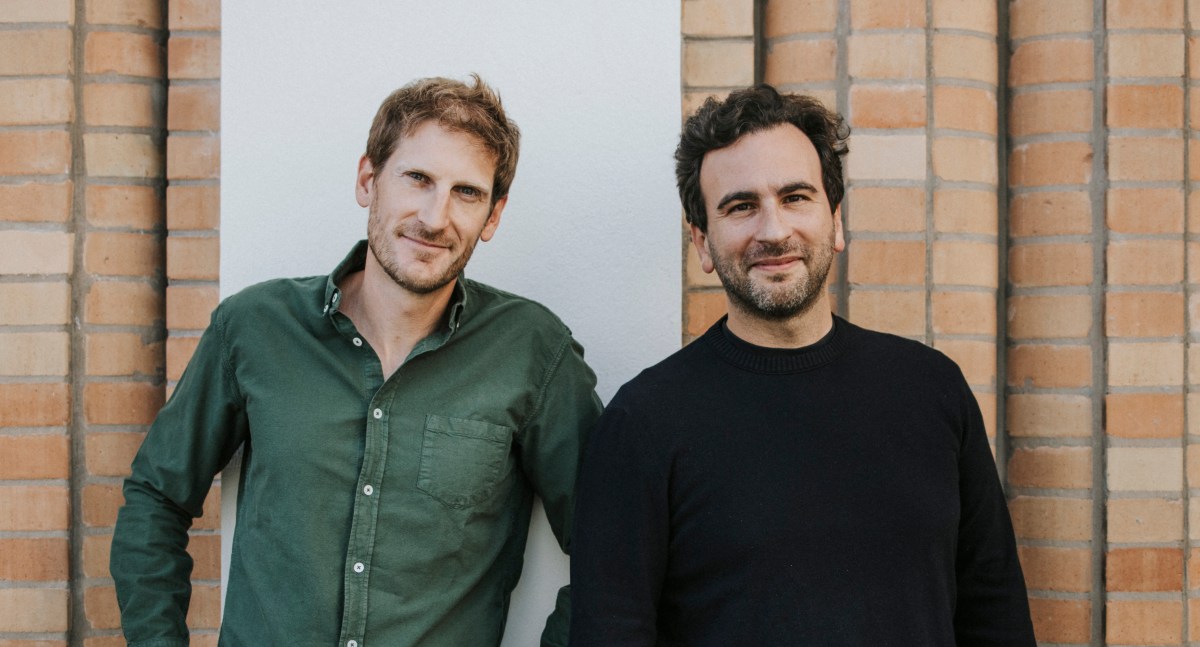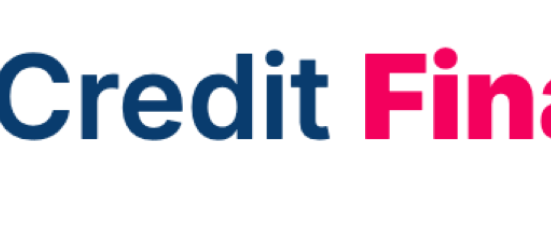“Is Qonto a real bank?” is one of the top suggested questions in Google searches about the French fintech startup. The answer is no, but it could change: Qonto has filed for a banking license in France, CEO Alexandre Prot revealed.
Qonto, which targets European freelancers and SMBs, currently operates with a payment institution license it obtained in 2018, and which already enabled it to introduce a form of buy now, pay later (BNPL). But a credit institution license would let it offer broader lending, savings, and investment options to its target customers.
Since its current license is valid across the EU, Qonto has already been able to expand into several European markets, and recently reached the milestone of 600,000 customers. But lacking a credit license is a hindrance for its goal to reach 2 million customers by 2030.
While offering a more comprehensive solution seems like a natural move to compete with incumbent banks, obtaining a license and rolling out credit is not easy. That explains why Qonto’s SMB fintech competitors have approached this issue in different ways, and why Qonto isn’t exactly playing catch-up.
Memo Bank was founded as a bank from the outset, and offers lending to SMBs, but that makes it an outlier. Finom operates with an electronic money institution (EMI) license, but it only just started testing the kind of lending that this regulatory middle ground allows. Revolut has a full Lithuanian license, but other than BNPL, it has yet to roll out credit options to businesses — although it plans to do so this year.
Still, the marketing power of well-funded competitors that operate both in B2C and B2B may have been a sign that Qonto needed to accelerate, especially as Revolut recently loudly announced plans to seek a French license and turn Paris into its Western Europe HQ.
Not mentioning competitors, Prot said that Qonto’s timing was driven by “having achieved profitability ahead of schedule in 2023.”
The son of former BNP Paribas President Baudouin Prot, Qonto’s CEO had obviously already thought about pursuing a credit license — and that’s not just a guess. During a press briefing, Prot confirmed that he and co-founder Steve Anavi seriously considered the idea at one point, but ultimately dismissed it because it would have required too much time and additional fundraising.
Having been profitable since 2023 means that this hurdle now won’t require Qonto to raise more funding than the $552 million it secured in 2022 at a $5 billion valuation. Prot recently said that “the main, or the only reason, why we could raise additional capital is if we do a large or very large M&A deal, paid mostly in cash.”
In its eight years of existence, Qonto has made two acquisitions: It took over its German competitor Penta in 2022, and it bought accounting and financial automation platform Regate in 2024.
The latter is a reflection of Qonto’s positioning beyond banking and as an integrated finance management solution, with an offering that also includes tools for invoicing and bookkeeping.
This approach helped it grow in the B2B segment across Europe. Prot declined to give a full breakdown of its 600,000 customers, but he said that Germany is now Qonto’s largest market after France. In unspecified order, Spain and Italy come next, followed by the markets it entered in late 2024: Austria, Belgium, the Netherlands, and Portugal.
Still, Prot operates under the assumption that some customers won’t choose Qonto unless it is a credit institution. That’s because this would grant them additional guarantees on their deposits, and because they want credit to be an option if they ever need it, which some already do.
Qonto validated that demand for credit with its Pay Later service; launched in 2024, it has already facilitated €50 million in financing, according to the company (approximately $59 million). But the offer is limited by its current license — both for Qonto, which can only lend from its own equity, and for its customers, who can’t borrow for longer than 12 months.
To help its customers access other types of loans, Qonto also put together a “financing hub” with third-party fintech partners including Defacto, Karmen, Riverbank, and Silvr. Prot said Qonto plans to keep it for at least a few more years. And some of these offerings are more specific than what the company may want to get into.
Still, becoming a credit institution in its own right would unlock new revenue for Qonto, both from the margin on credits and more upside from deposits, which it would be able to use for lending. Prot declined to disclose revenue figures but said that revenue increased by 30% in the last year.
However, Prot said that this additional revenue wasn’t the main factor at play. Acquiring new customers aside, Qonto also sees this as an opportunity to depend less on others and launch new products faster. In the same vein, it recently built an in-house card processor to increase acceptance rates while reducing its reliance on third parties.
With a team of 1,600 people, Qonto now hopes that it will have the bandwidth to work on new product developments, such as the AI-enabled “Qonto Intelligence” layer, while also enhancing its banking infrastructure and risk management teams.
The latter is also aimed to demonstrate its readiness to France’s banking supervisor, with which it plans to work closely to obtain its license. The process may still take years, but it is also part of a broader “growing up” effort for Qonto, which recently added several senior profiles to its board of directors. These steps could also help lay the groundwork for a future IPO, though that remains a longer-term prospect.







